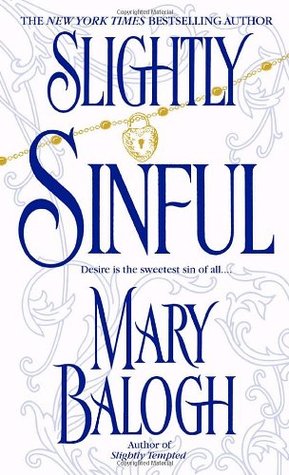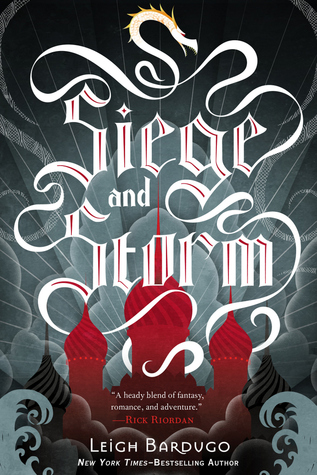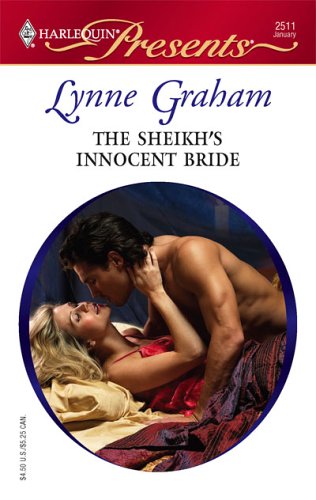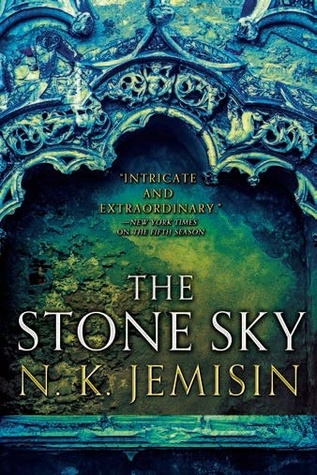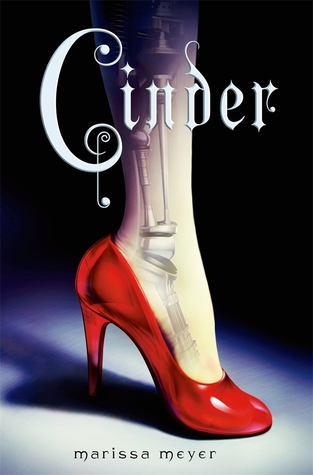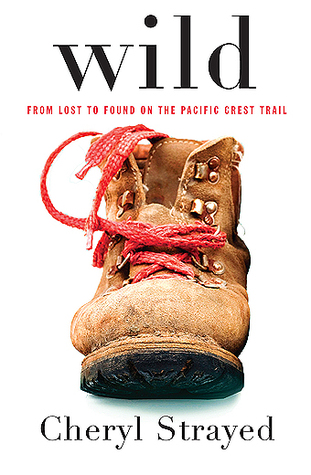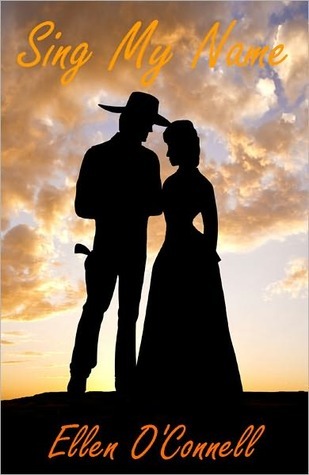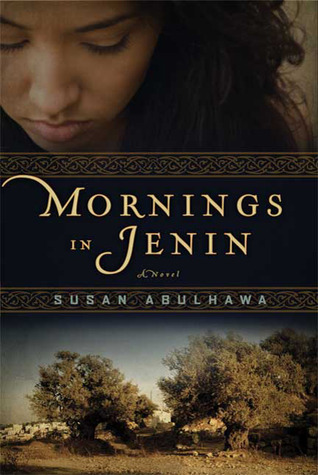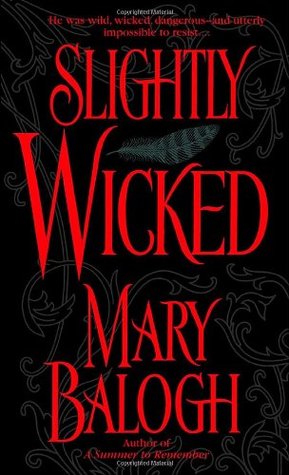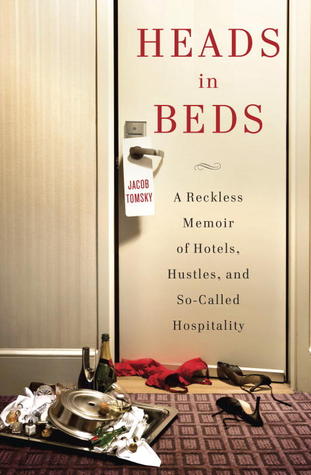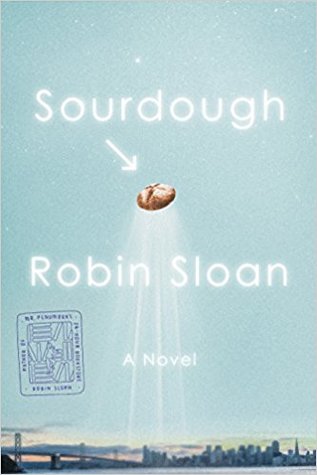 This was an absolutely charming book. From the author of Mr. Penumbra's 24-Hour Bookstore (which I did not realize when I picked it as my Book of the Month), it's a love letter to food and technology (Mr. Penumbra, similarly, was an ode to books and technology) with its own sense of quirkiness set in San Francisco.
This was an absolutely charming book. From the author of Mr. Penumbra's 24-Hour Bookstore (which I did not realize when I picked it as my Book of the Month), it's a love letter to food and technology (Mr. Penumbra, similarly, was an ode to books and technology) with its own sense of quirkiness set in San Francisco.The main character and narrator, Lois, works on programming robotic arms. She has a diet that consists of a nutritional gel called Slurry and little else, until one night she orders a "double spicy" combo of soup and sandwich from a place that's opened in her neighborhood. The food is a revelation, and she orders it every night--until the two brothers who own the shop encounter visa issues and depart for Europe, leaving Lois their sourdough starter. Lois feeds the starter and starts to bake with it, producing loaves with strange faces in the crust. People go crazy for her bread; she tries to sell it at a farmer's market and ends up at the Marrow Fair, an underground market selling radioactive honey from Chernobyl, cookies made from crickets, all kinds of crazy stuff. But why is the bread the way it is? And who is Mr. Marrow?
Lois is an utterly likable heroine. She has good intentions that sometimes go awry, though she gets herself back on track eventually. The supporting characters here are all charming in their own ways, as well. The Marrow Fair is an intriguing setting. Lois' work with robots sets the tone for the story and her knack for sourdough uplifts it, and it's great to see a female character in a STEM field, because that's fairly unusual. There are also a few nods to Mr. Penumbra in here, showing that the universe the books exist in is definitely same, though this is in no way a sequel to the first book. Still, the tones definitely match up with each other, so if you read Mr. Penumbra and were left wanting more, this is an excellent book to pick up even if the characters and story are not the same from one to the other.
This was a book that made me want to bake, or teach a robot to bake, and browse farmers markets, and visit San Francisco, and eat cheeses with strange colors in them, and eat honey that glows in the dark, and eat bread that knows how to sing. There's this sense of whimsy and wonder and whole-heartedness on every page of this book, and it was an absolutely fabulous read. I'm so glad that I picked it as my book of the month.
5 stars out of 5.
